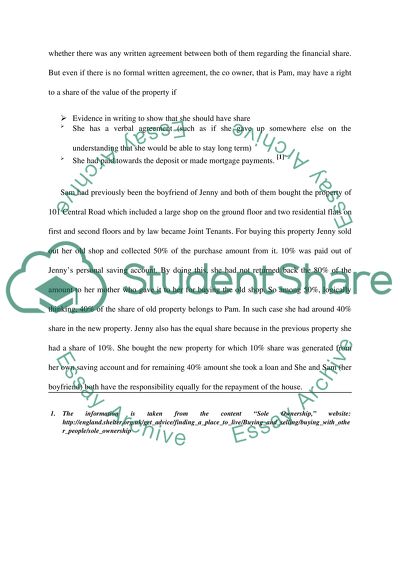Cite this document
(“English Real Property Coursework Example | Topics and Well Written Essays - 2500 words”, n.d.)
Retrieved from https://studentshare.org/law/1394424-property-law
Retrieved from https://studentshare.org/law/1394424-property-law
(English Real Property Coursework Example | Topics and Well Written Essays - 2500 Words)
https://studentshare.org/law/1394424-property-law.
https://studentshare.org/law/1394424-property-law.
“English Real Property Coursework Example | Topics and Well Written Essays - 2500 Words”, n.d. https://studentshare.org/law/1394424-property-law.


